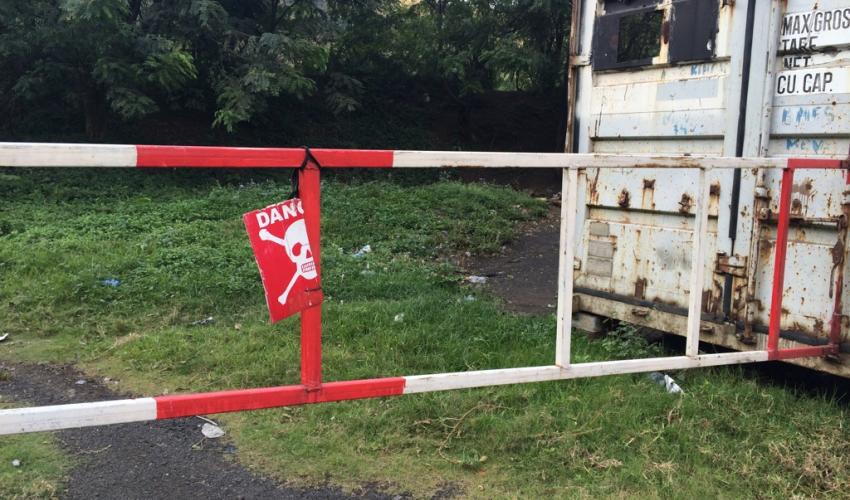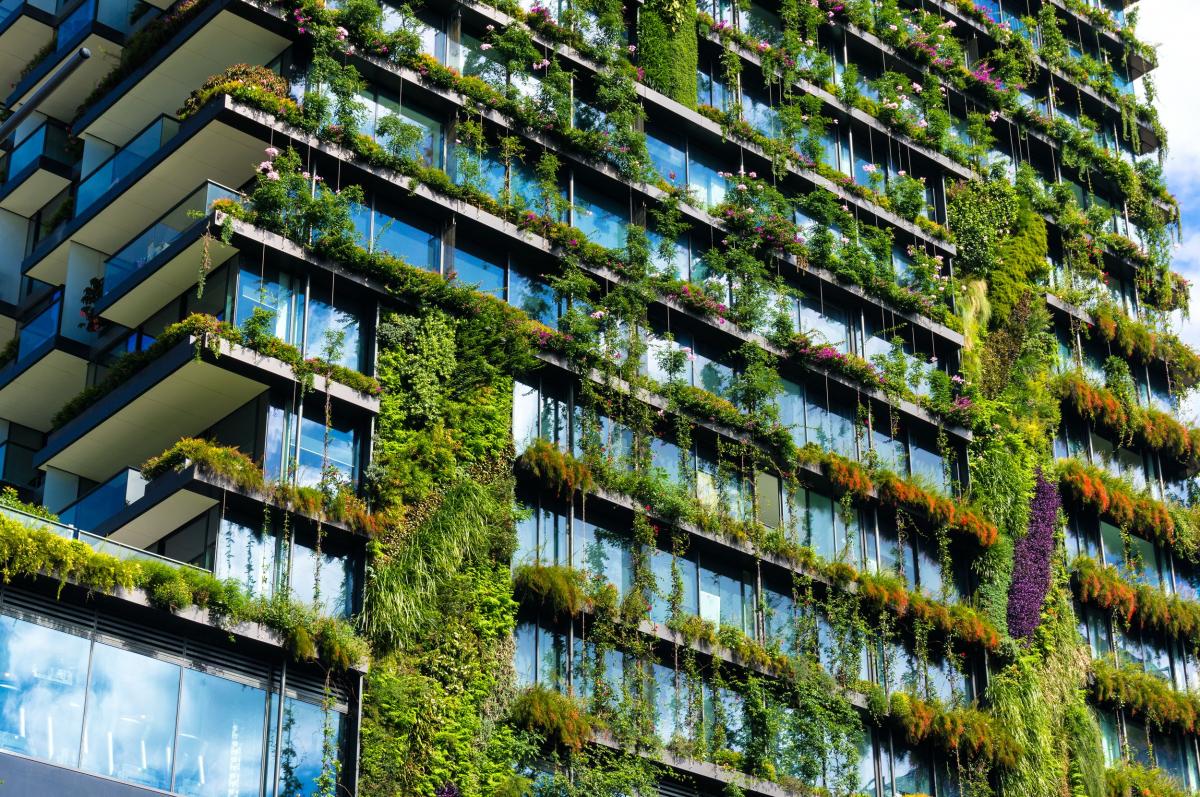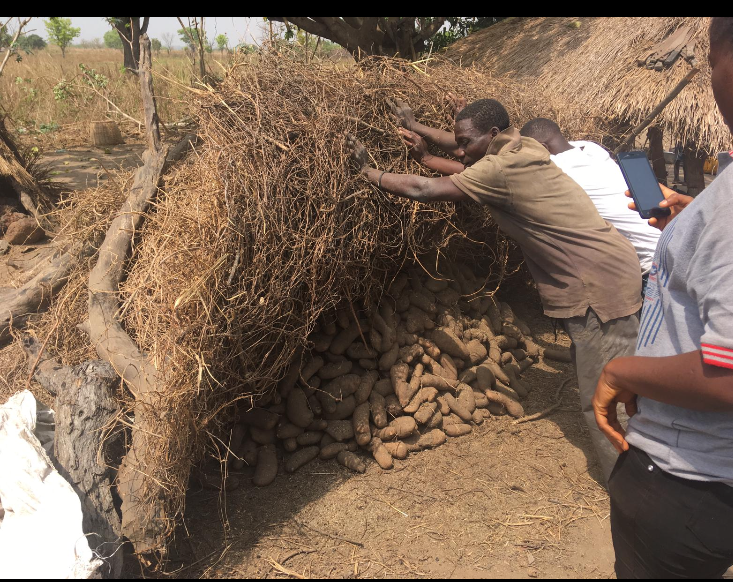Call for Abstracts on Environmental Peacebuilding session - by October 25
CEESP News - by Britta Sjöstedt, Faculty of Law, Lund University, Sweden
A research theme group Nature of Peace sponsored by The Pufendorf Institute for Advanced Studies (Lund University) explores the role of the natural environment in post-conflict societies. How is the natural environment considered in fragile economies that need to develop quickly? Does peace always bring sustainable development? The researchers argue that environmental justice is a central dimension for sustainable peace and development in societies where internal armed conflicts have recently occurred.
The group is organising a session at the AAG Annual meeting in New Orleans, 10-14 April 2018. Please send abstracts (max. 300 words) by October 25 to the following email addresses: Torsten.krause@lucsus.lu.se & Andrea.nardi@keg.lu.se
 Photo: Britta Sjöstedt
Photo: Britta Sjöstedt
Similarly, Colombia has a relatively low deforestation rate compared to other countries in South America (FAO 2012). However, this odd form of protection can quickly disappear when armed conflicts end and make way for reconciliation and transition to peace.
This session proposes to scrutinize post-conflict peacebuilding and reconstructions processes that take place after the termination of an internal armed conflict. Particularly, the focus will be on the links between post-conflict developments and the effects on the natural environment, natural resources management, and, more broadly, environmental justice.
We seek contributions to the following questions:
How does a transition from armed conflict to peace impact the natural environment?
And what (negative and/or positive) consequences can these impacts have for various social groups?
Empirical evidence from around the world has shown that post-conflict reconstruction efforts often focus on the short-term and urgent needs of societies transitioning to peace. These processes, however, often fail to consider the root causes of the conflict and to integrate factors, such as the management of natural resources, that will contribute to a transition to durable peace and sustainable development (Krampe, 2016; Matthew, 2014).
It is therefore of key importance to investigate if peace also brings environmental justice in the long term. For instance, the end of the civil war in Cambodia opened the doors for large-scale natural resources exploitation and infrastructure development, often at the indirect detriment of people who are dependent on natural resources to sustain their livelihoods (Le Billon 2000, Milne et al. 2015). Therefore, what is frequently framed as progress and development by governments and investors often leads to the exacerbation of environmental injustices (Bernstein 2001).
In South Africa, an already water-scarce country, addressing the legacies of apartheid also involves tackling unequal access to natural resources such as land, water and electricity. In short, land restitution and social and environmental justice, go together during post-conflict situations.
Despite the above mentioned, there is a disconnect between natural resources management and the post-conflict/peacebuilding research communities. Not enough is known about when, how and why environmental factors can work for peace, and vice versa, how peace processes can contribute to environmental sustainability (Altpeter, 2016; Matthew, 2014).
For more information on the theme, Nature of Peace, see: http://www.pi.lu.se/en/activities/theme-the-nature-of-peace
Please send abstracts (max. 300 words) by October 25 to the following email addresses: Torsten.krause@lucsus.lu.se & Andrea.nardi@keg.lu.se



